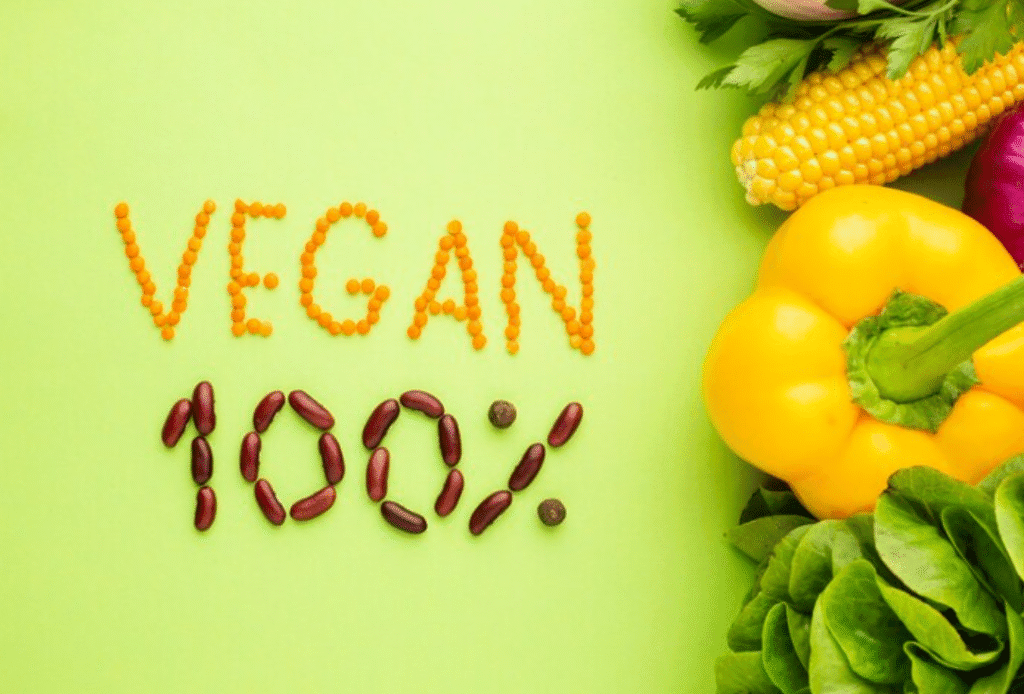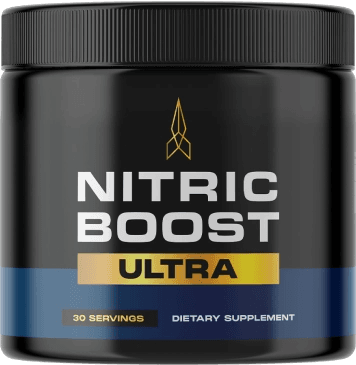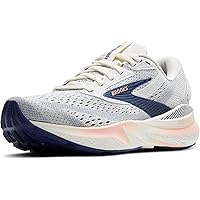The outdated myth that athletes need meat and dairy to perform at their best is being shattered by a new wave of plant-powered champions. From ultramarathoners to bodybuilders, more athletes than ever are thriving on vegan diets—proving that you can build strength, endurance, and recovery power with plants.
This article explores how veganism supports athletic performance, debunks common myths, and offers meal tips to help active individuals fuel their fitness the cruelty-free way.
🏋️♂️ 1. Can Athletes Really Thrive on a Vegan Diet?
Yes—and many do! Athletes like Novak Djokovic (tennis), Venus Williams (tennis), Patrik Baboumian (strongman), and Scott Jurek (ultramarathoner) all follow plant-based diets and credit veganism for better recovery, increased energy, and overall health.
A well-planned vegan diet provides:
- Sufficient protein for muscle growth
- Abundant antioxidants to reduce inflammation
- Complex carbohydrates for energy
- Plant-based fats for hormone support and recovery
🥬 2. Key Nutrients for Vegan Athletes
While plant-based diets offer many benefits, athletes should be especially mindful of a few essential nutrients:
✅ Protein
- Vital for muscle repair and growth
- Top sources: Lentils, tofu, tempeh, quinoa, seitan, chickpeas, hemp seeds, protein powders (pea, rice, soy)
✅ Iron
- Supports oxygen transport in blood
- Top sources: Spinach, lentils, pumpkin seeds, quinoa, fortified cereals (paired with vitamin C for better absorption)
✅ Calcium
- Crucial for bone health and nerve function
- Top sources: Fortified plant milks, tofu, kale, almonds, tahini
✅ Omega-3 Fatty Acids
- Reduce inflammation and aid joint health
- Top sources: Flaxseeds, chia seeds, walnuts, algae-based DHA supplements
✅ Vitamin B12
- Essential for energy metabolism and nerve health
- Get it from: Fortified foods or a B12 supplement
🏃 3. Performance Benefits of a Vegan Diet
A growing body of research supports the performance-enhancing benefits of plant-based eating:
🔋 Faster Recovery
- Vegan diets are rich in antioxidants and phytonutrients that reduce inflammation and speed up muscle recovery.
❤️ Improved Cardiovascular Health
- Low saturated fat and high fiber help maintain healthy blood pressure and circulation—vital for endurance athletes.
🔥 Better Body Composition
- Many athletes report leaner muscle mass, lower body fat, and better digestion on plant-based diets.
🌿 Sustainable Energy
- Complex carbs from whole grains, legumes, and fruits provide long-lasting energy without blood sugar crashes.
🍽️ 4. Sample Vegan Meal Plan for Athletes
🥣 Pre-Workout (1–2 hours before)
- Overnight oats with almond milk, banana, and chia seeds
- Whole grain toast with peanut butter and sliced strawberries
💪 Post-Workout Recovery
- Smoothie with pea protein, spinach, berries, flaxseeds, and oat milk
- Rice and black beans with avocado and a squeeze of lime
🍝 Lunch
- Chickpea pasta with marinara, sautéed greens, and tempeh crumbles
- Quinoa salad with tofu, roasted veggies, and tahini dressing
🍛 Dinner
- Lentil stew with sweet potatoes and kale
- Stir-fried tofu with brown rice and broccoli in peanut-ginger sauce
🍫 Snacks
- Trail mix with nuts and dried fruit
- Hummus with veggie sticks
- Vegan protein bar
🥤 5. Hydration and Supplementation Tips
- Stay hydrated with water, coconut water, or electrolyte drinks during intense training.
- Supplement wisely: B12 is non-negotiable. Creatine and beta-alanine can be helpful for strength athletes.
🧠 6. Mental Focus and Clarity
Many plant-based athletes report improved mental clarity and focus, possibly due to:
- Reduced inflammation
- More consistent blood sugar
- Increased intake of brain-supportive nutrients (omega-3s, antioxidants)
👊 7. Busting Myths About Vegan Athletes
- Myth: “You can’t get enough protein.”
Reality: Easily done with legumes, tofu, seitan, and vegan protein powders. - Myth: “Vegans can’t build muscle.”
Reality: Muscle growth depends on training and calories, not meat. - Myth: “Vegan diets are low-energy.”
Reality: Whole-food vegan diets provide clean, efficient energy for long-lasting performance.
🌱 Final Thoughts: Stronger with Plants
Veganism doesn’t just align with ethical and environmental values—it’s a powerful strategy for building a healthier, fitter body. With the right balance of nutrients and smart meal planning, vegan athletes can thrive at the highest levels of competition while reducing harm and promoting sustainability.




